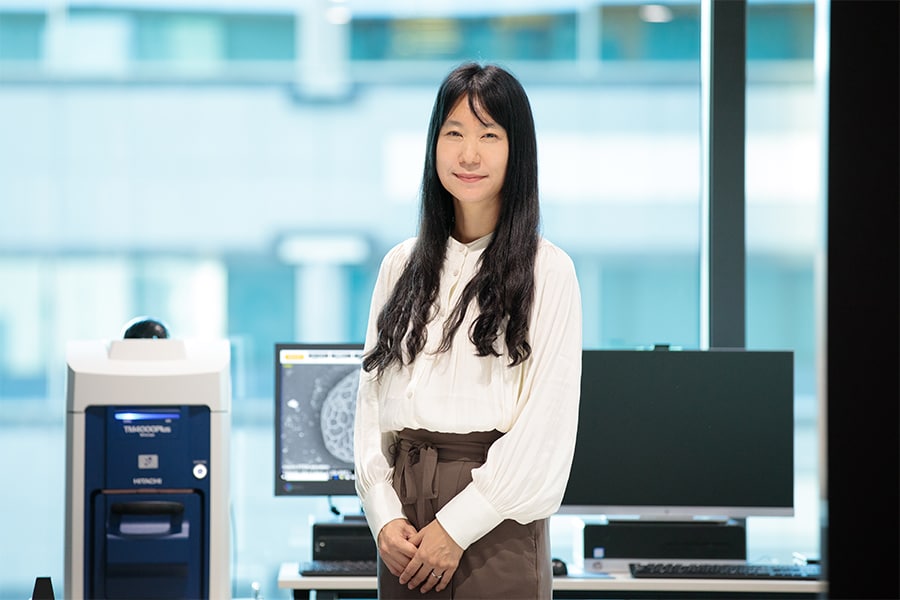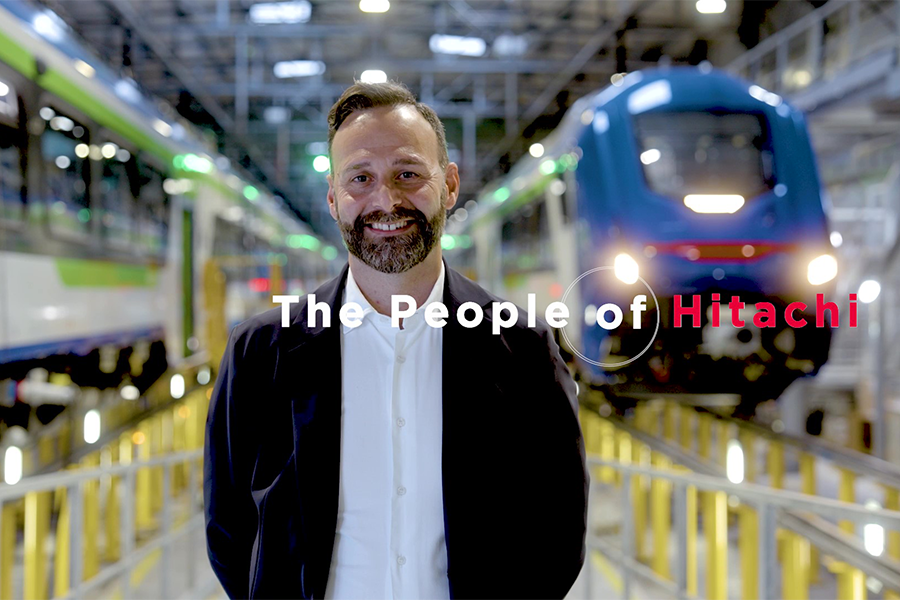Unlock Yourself: Hitachi's Commitment to Diversity, Equity, and Inclusion

Diversity, equity, and inclusion (DEI) are essential for sustainable business growth. This October, Hitachi launched its second-ever DEI Month. The aim is to power an inclusive culture based on respect, dignity, and fairness among all Hitachi employees.
This article explores Hitachi's commitment to DEI as a catalyst for innovation, featuring our "Unlock Yourself" campaign, which showcases the power of an inclusive workplace.


Unlock Yourself at Hitachi
In October 2024, Hitachi launched the "Unlock Yourself" campaign to celebrate Diversity Awareness Month. The campaign highlights Hitachi’s commitment to providing a safe workplace, where we all feel heard, valued, and empowered. The company-wide initiative encourages employees to embrace their authentic selves, empowering every colleague for collective success.


In the campaign, Hitachi employees from the Americas, ASEAN, China, EMEA, India, and Japan share what Inclusion means for them, emphasizing that by feeling safe they can be true to themselves, and they can unlock their full potential.


DEI as a Business Driver for Innovation
Embracing DEI is not just an ethical imperative; it is a key driver for innovation and growth. Diverse teams excel and bring a wealth of perspectives that lead to breakthrough products and strategies. Research indicates that employees who feel a strong sense of belonging are 56% more likely to perform well*1.
In conclusion, Hitachi’s DEI strategy is integral to our business model, enhancing our competitive edge and supporting global expansion. For more details, read our Global DEI Policy.
Lorena Dellagiovanna, our Chief Diversity, Equity, and Inclusion Officer, states:
“Hitachi nurtures a workplace where everyone feels respected, valued, and empowered. With everyone on board, we can perform at our best. It takes all of us - from every level of the Hitachi Group. If we all come together, we will create for ourselves the opportunity to fully achieve a better future for all.”

Diversity, Equity and Inclusion at Hitachi
Diversity means that there is at Hitachi a place for everyone, regardless of their characteristic traits, and we embrace and value everyone’s unique contribution.
Equity means every employee has access to everything they need to succeed and is treated with fairness and transparency. At Hitachi, we recognize that each of us needs different conditions to thrive. We put policies, tools and reasonable accommodations in place to allow everyone to be able to access the same opportunities.
Inclusion is ensuring everyone feels recognized and valued, and they are empowered to contribute to the organization at their best. At Hitachi, we believe everyone should feel respected, heard, involved and able to speak up. It implies an open, empathetic culture and attitude that secures freedom of expression and psychological safety, where individuals are free to be themselves, without fearing negative consequences.
Explore what inclusion means for people at Hitachi directly from their comments on the pledge-wall here below.



